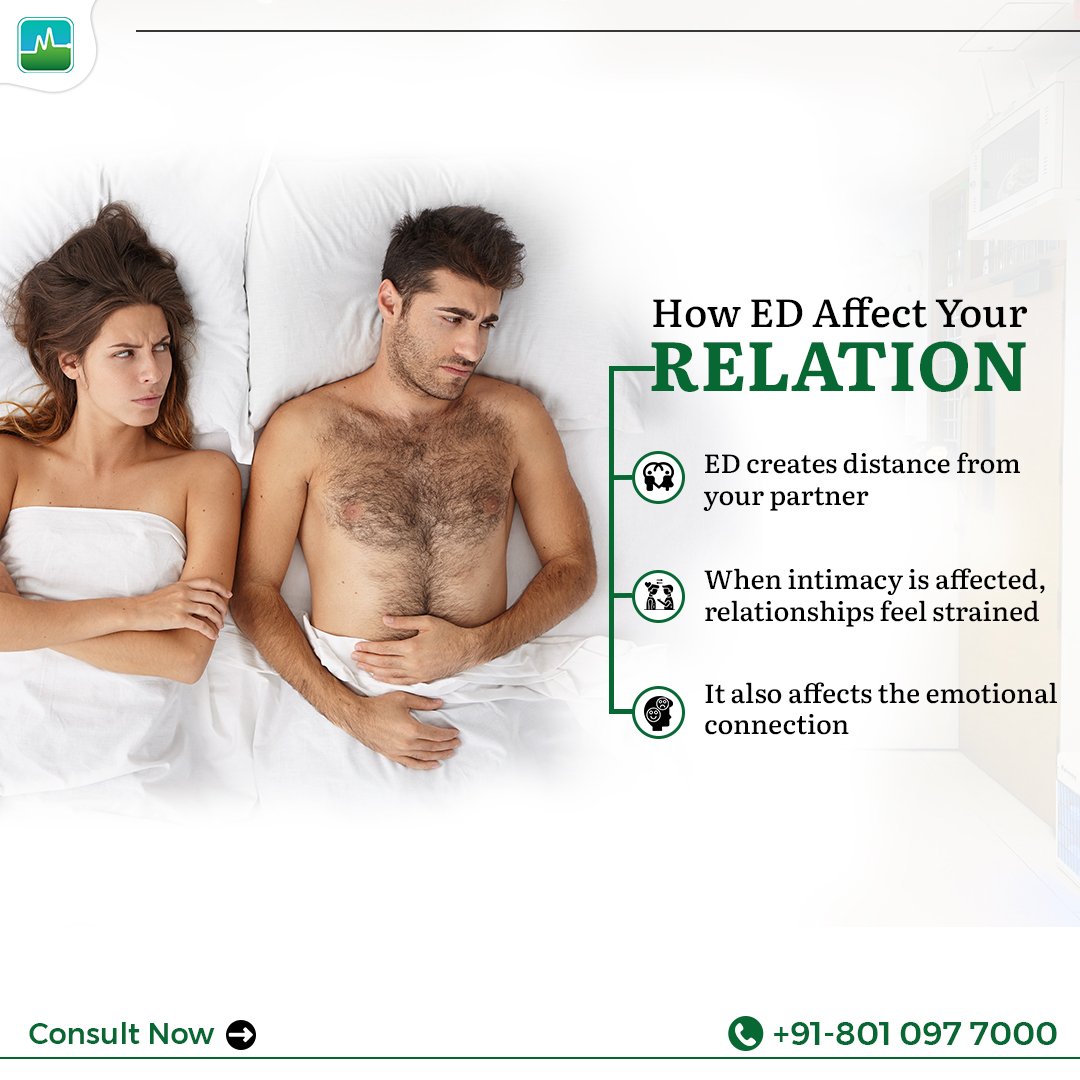The Importance of Balanced Exercise for Sexual Health
Over-Exercising Affect Erections: Maintaining a healthy lifestyle is paramount for overall well-being, and exercise plays a crucial role in this equation. Regular physical activity supports cardiovascular health, boosts mood, enhances energy levels, and is vital for sexual health as well. However, the key lies in balance. Striking the right mix of exercise and rest is essential for sustaining optimal bodily functions, including sexual performance.
Over-exercising, or engaging in an excessive amount of physical activity without allowing adequate recovery, can lead to significant health issues, including those that directly impact sexual health. Understanding how exercise affects the body, particularly in relation to erections, is vital for anyone aiming for a healthy lifestyle.
How Excessive Exercise Affects Erections
Hormonal Imbalance
One of the primary ways that over-exercising affects erections is through hormonal imbalance. Intense workouts can lead to decreased levels of testosterone, the hormone critical for male sexual health. When the body is subjected to high levels of physical stress for prolonged periods, it prioritizes survival over reproduction. This stress response can cause the adrenal glands to produce increased amounts of cortisol, potentially leading to a reduction in testosterone production.
In essence, while a moderate exercise routine can help boost testosterone levels, excessive exercise may do the exact opposite. For instance, athletes training for endurance events, like marathons, may experience notable drops in testosterone, directly linking their performance goals to their sexual health.
Chronic Fatigue
Chronic fatigue is another significant consequence of over-exercising. When you push your body beyond its limits without adequate rest, fatigue can set in. This exhaustion not only affects physical performance but also mental health and libido. A tired body and mind can lead to decreased sexual desire, which, in turn, impacts overall sexual function, including the ability to achieve or sustain an erection.
- Best Erectile Dysfunction Treatment in India – Trusted Ayurvedic Solutions by Dr. Monga Clinic
- Tight Foreskin Phimosis Treatment Without Surgery: Topical Steroid Creams & Ayurvedic Treatment
- Tight Foreskin (Phimosis) Ayurvedic Treatment: Natural Oils, Remedies & Stretching That Work Without Surgery
- Phimosis in Men & Boys: Full Guide to Symptoms, Causes & Non-Surgical Treatment
- Best Acid Reflux & Acidity Treatment in Gurugram Haryana: Ayurvedic Treatment at Dr. Monga Clinic
Many people underestimate the importance of rest days. For example, after a rigorous training session, your body needs time to recover and rebuild muscle tissues. Ignoring this recovery can lead to burnout, making it hard to engage in sexual activity or enjoy intimacy with a partner.
Increased Stress and Cortisol Levels
Exercise is often recommended as a way to manage stress, but paradoxically, excessive exercise can actually heighten stress levels. Extended periods of workouts generate elevated cortisol levels, the hormone associated with stress. High cortisol levels can have a deleterious impact on libido and sexual function, including difficulties in maintaining erections.
Maintaining a balanced approach to exercise, and ensuring that stress management techniques such as yoga or meditation are part of your regimen, can help keep cortisol levels in check. Finding stress-reducing activities away from the gym is equally important for a well-rounded fitness routine.
Poor Circulation
Effective circulation is fundamental for sexual health. When one engages in excessively strenuous exercise routines, blood vessels may become constricted, leading to poorer circulation. Good blood flow is essential for achieving and maintaining erections, as the penile tissue relies on a healthy supply of blood to function effectively.
In specific cases, over-exercising can result in conditions like compartment syndrome, which impedes blood flow, thus affecting sexual performance. Incorporating more varied forms of exercise—such as cardiovascular workouts combined with strength training—can enhance circulation without putting the body under too much stress.
Nutritional Deficiencies
A balanced diet complements any exercise routine, but those who over-exercise often neglect proper nutritional intake. Intense workouts increase the body’s demands for essential nutrients, and failing to meet these needs can lead to deficiencies that impact bodily functions, including sexual health.
For example, insufficient intake of vitamins and minerals such as zinc, vitamin D, and magnesium can negatively impact testosterone levels. Additionally, dehydration from excessive sweating can further exacerbate these nutritional deficiencies.
Ensuring a balanced diet rich in proteins, healthy fats, and essential vitamins is crucial. The focus should be not only on caloric intake but also on nourishing the body adequately to support both exercise and sexual health.
Signs You May Be Over-Exercising
Recognizing the signs of over-exercising is essential. Some common indicators include:
- Persistent fatigue or tiredness
- Increased irritability or mood swings
- Decreased libido or sexual interest
- Frequent injuries or illness
- Trouble sleeping or insomnia
- Loss of appetite or sudden weight changes
- Increased resting heart rate
If you identify with one or more of these symptoms, it may be time to reassess your exercise routine and consider scaling back.
How to Maintain Sexual Health While Staying Fit
To maintain sexual health while staying committed to fitness, consider the following strategies:
- Prioritize Rest: Schedule rest days into your routine to allow for recovery and rejuvenation.
- Listen to Your Body: Be attentive to how your body feels. If you’re experiencing fatigue or decreased libido, it could be a sign to dial it back.
- Balanced Nutrition: Focus on a nutrient-dense diet that supports your fitness routine and overall health.
- Variety in Workouts: Incorporate different forms of exercise (strength training, cardio, flexibility) to avoid excessive strain on your body.
- Recovery Techniques: Engage in practices that aid recovery like stretching, massages, or gentle yoga.
Understanding the balance between exercise and sexual health is critical for optimizing well-being. By recognizing the signs of over-exercising and implementing strategies to maintain balance, individuals can enjoy the benefits of fitness without sacrificing their sexual health.











Leave a Reply